BGS receives funding for new system to analyse oxygen isotopes
A major upgrade of BGS's research equipment following investment from NERC will help scientists understand historic changes in climate.
26/09/2022 By BGS Press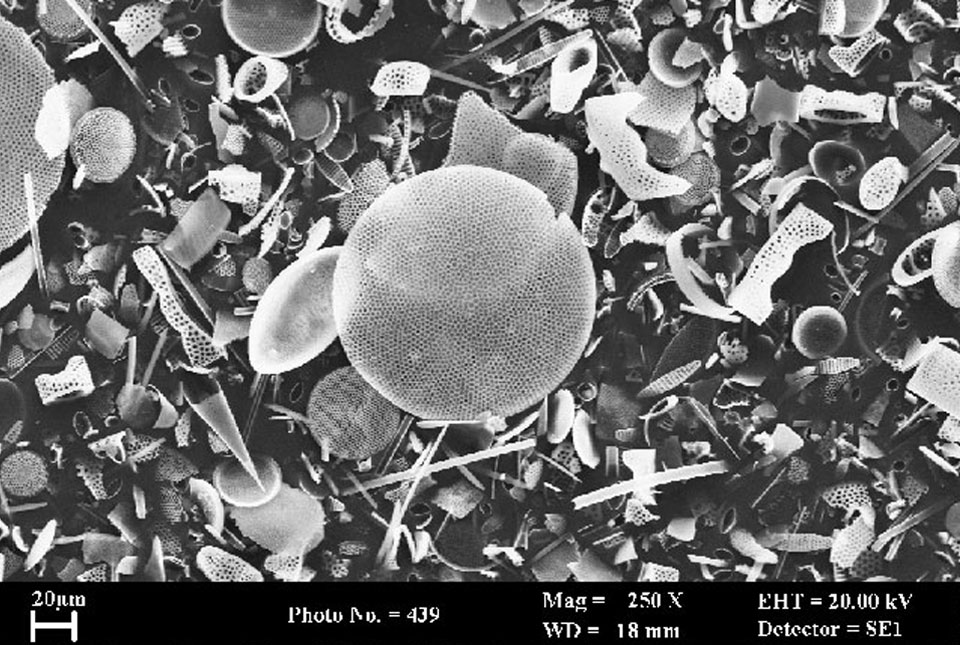
Scientists researching ways to tackle air pollution, climate change and other environmental sciences challenges facing the UK will benefit from a major upgrade of research equipment.
The Natural Environment Research Council (NERC) has invested £6.6 million in improving the UK’s national research infrastructure by funding the purchase of ten state-of-the-art pieces of equipment.
BGS has received over £350 000 for a new microfluorination for oxygen isotopes in biogenic silica (MOBiS) system. The new system will analyse sediment samples from a range of settings including the ocean, land and waterways. It will help scientists understand historic changes in climate by analysing the oxygen isotope compositions of biogenic silica, which is one of the most widespread biogenic minerals found in the world.
The equipment can analyse oxygen isotopes in any minerals that contain oxygen. This will enable the equipment to be used by a wider community and in other disciplines, for example the analysis of nuclear materials for isotope forensics applications.
I am extremely excited that we will be able to utilise this innovative system, which will be housed in the laboratories at the BGS headquarters in Keyworth, Nottingham. It will allow us and the UK’s wider research community to take a deep dive into oxygen isotopes in biogenic silica and how changes in these from thousands of years ago can help us understand climate change and shed light on ways to mitigate environmental impact.
Prof Melanie Leng, BGS Chief Scientist for Environmental Change, Adaptation and Resilience.
For more information and enquiries about the MOBiS system, please contact Dr Jack Lacey.
Relative topics
Latest news
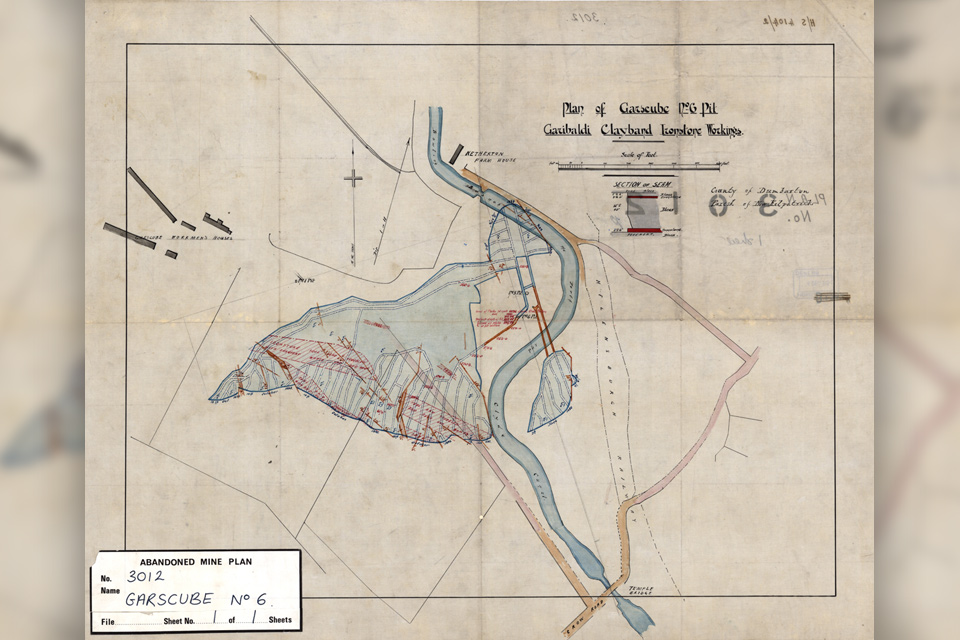
Release of over 500 Scottish abandoned-mine plans
24/06/2025
The historical plans cover non-coal mines that were abandoned pre-1980 and are available through BGS’s plans viewer.
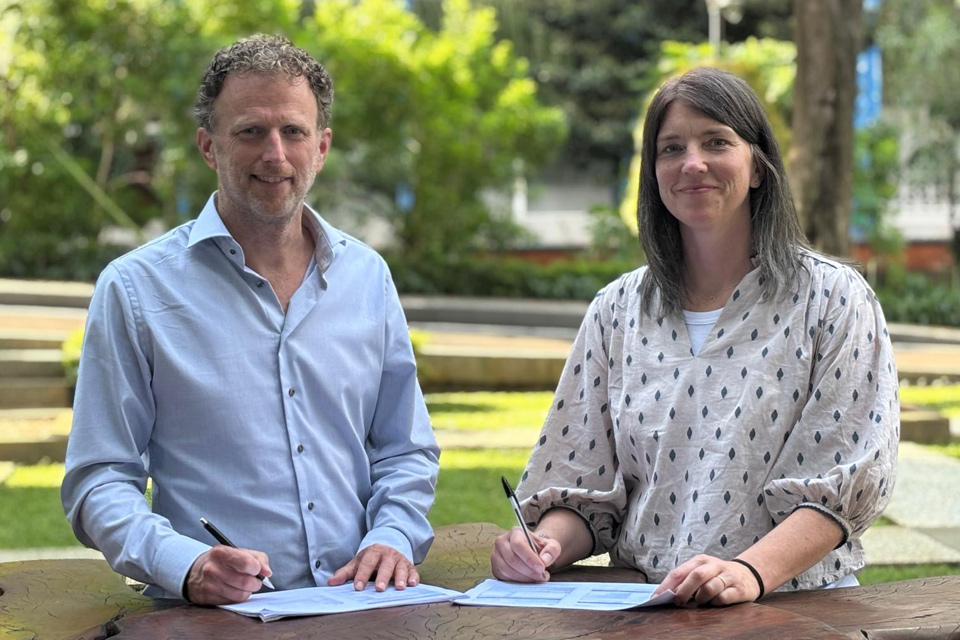
New collaboration aims to improve availability of real-time hazard impact data
19/06/2025
BGS has signed a memorandum of understanding with FloodTags to collaborate on the use of large language models to improve real-time monitoring of geological hazards and their impacts.
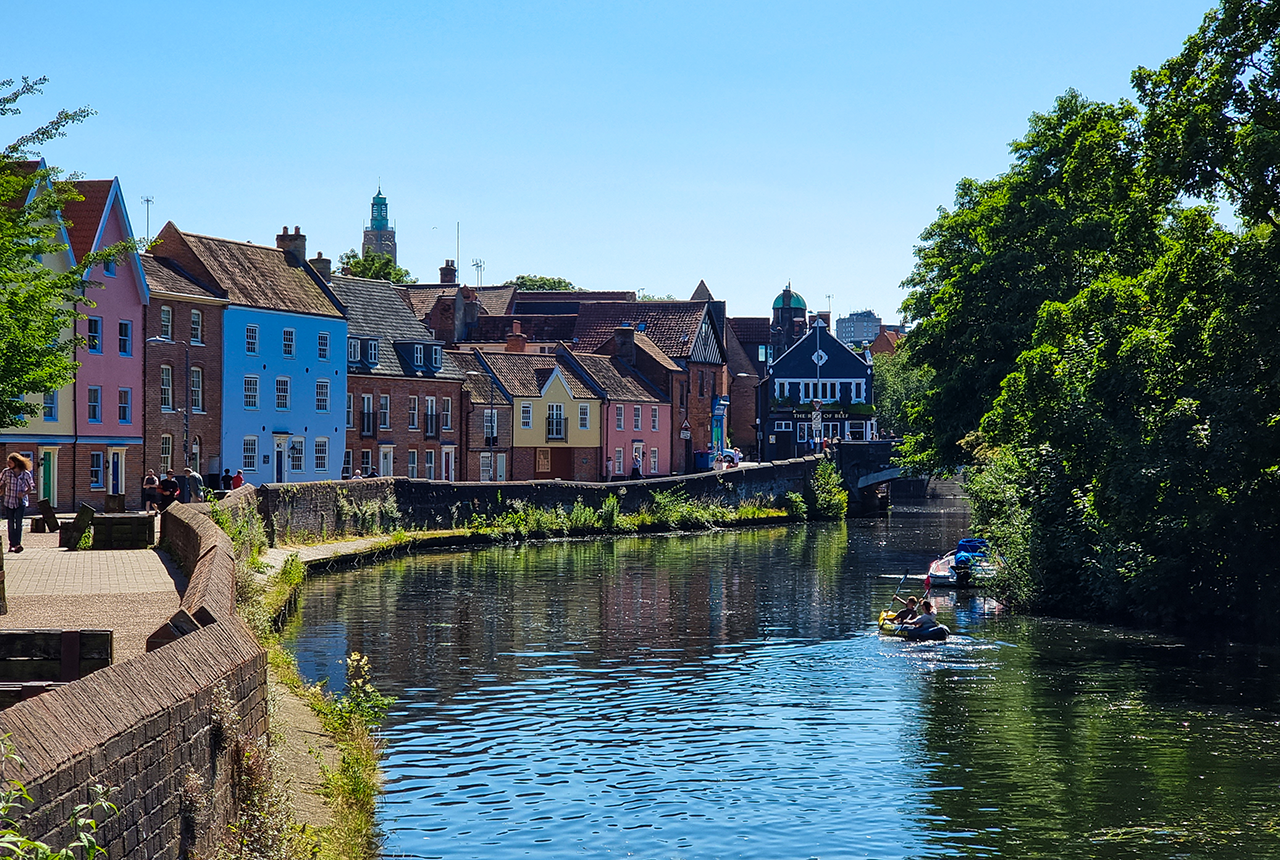
Modern pesticides found in UK rivers could pose risk to aquatic life
17/06/2025
New research shows that modern pesticides used in agriculture and veterinary medicines have been found for the first time in English rivers.

Goldilocks zones: ‘geological super regions’ set to drive annual £40 billion investment in jobs and economic growth
10/06/2025
Eight UK regions identified as ‘just right’ in terms of geological conditions to drive the country’s net zero energy ambitions.
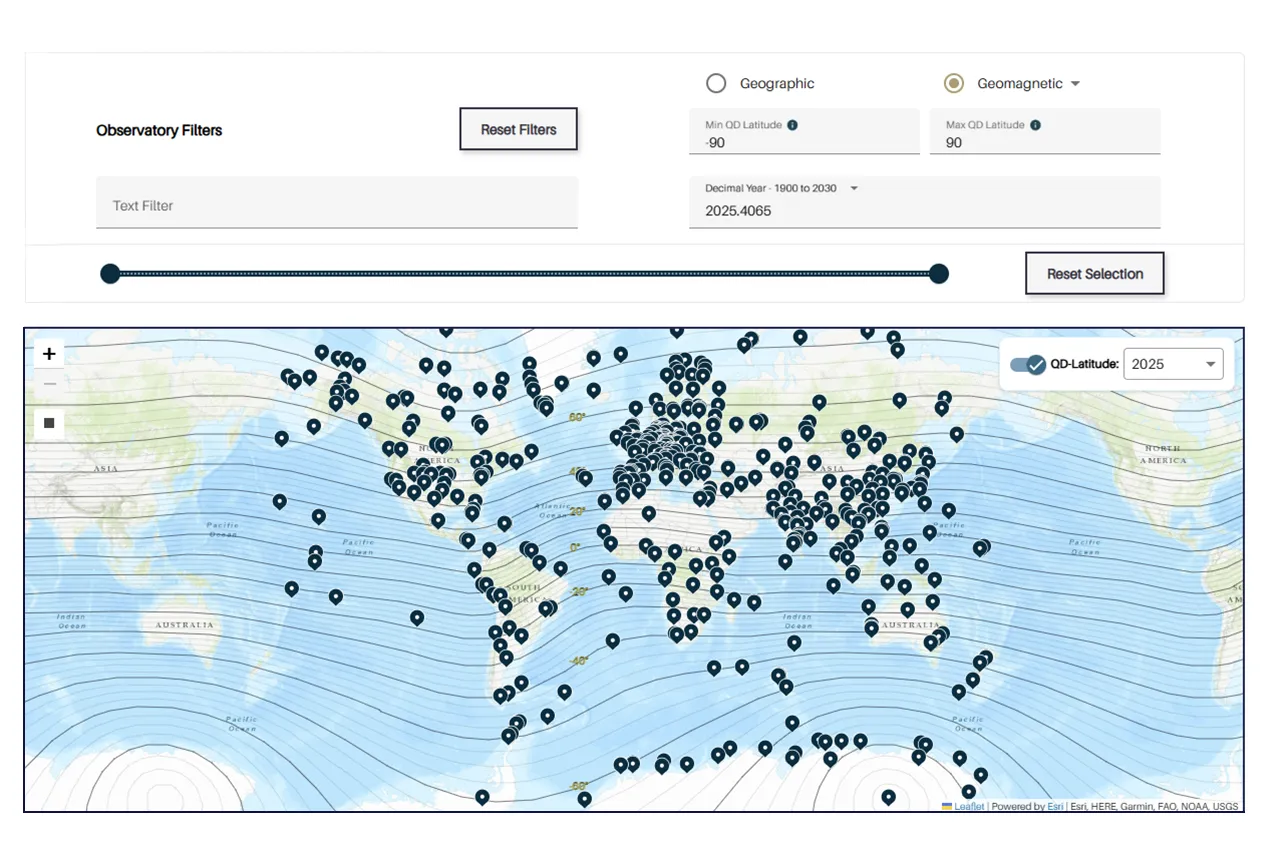
Upgraded web portal improves access to geomagnetism data
02/06/2025
BGS’s geomagnetism portal, which holds data for over 570 observatories across the world, has received a significant update.

BGS digital geology maps: we want your feedback
29/05/2025
BGS is asking for user feedback on its digital geological map datasets to improve data content and delivery.

What is the impact of drought on temperate soils?
22/05/2025
A new BGS review pulls together key information on the impact of drought on temperate soils and the further research needed to fully understand it.
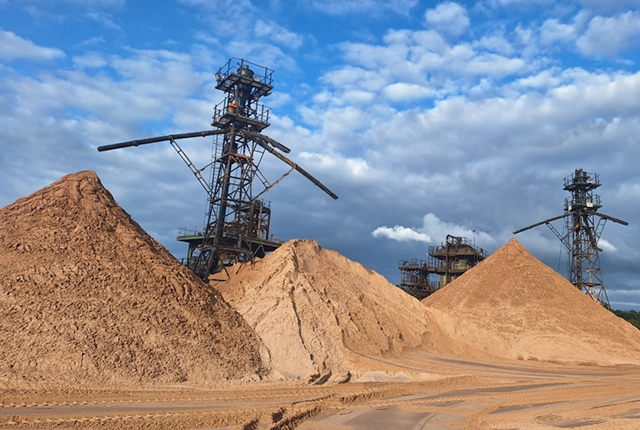
UK Minerals Yearbook 2024 released
21/05/2025
The annual publication provides essential information about the production, consumption and trade of UK minerals up to 2024.

BGS scientists join international expedition off the coast of New England
20/05/2025
Latest IODP research project investigates freshened water under the ocean floor.

New interactive map viewer reveals growing capacity and rare earth element content of UK wind farms
16/05/2025
BGS’s new tool highlights the development of wind energy installations over time, along with their magnet and rare earth content.

UKRI announce new Chair of the BGS Board
01/05/2025
Prof Paul Monks CB will step into the role later this year.
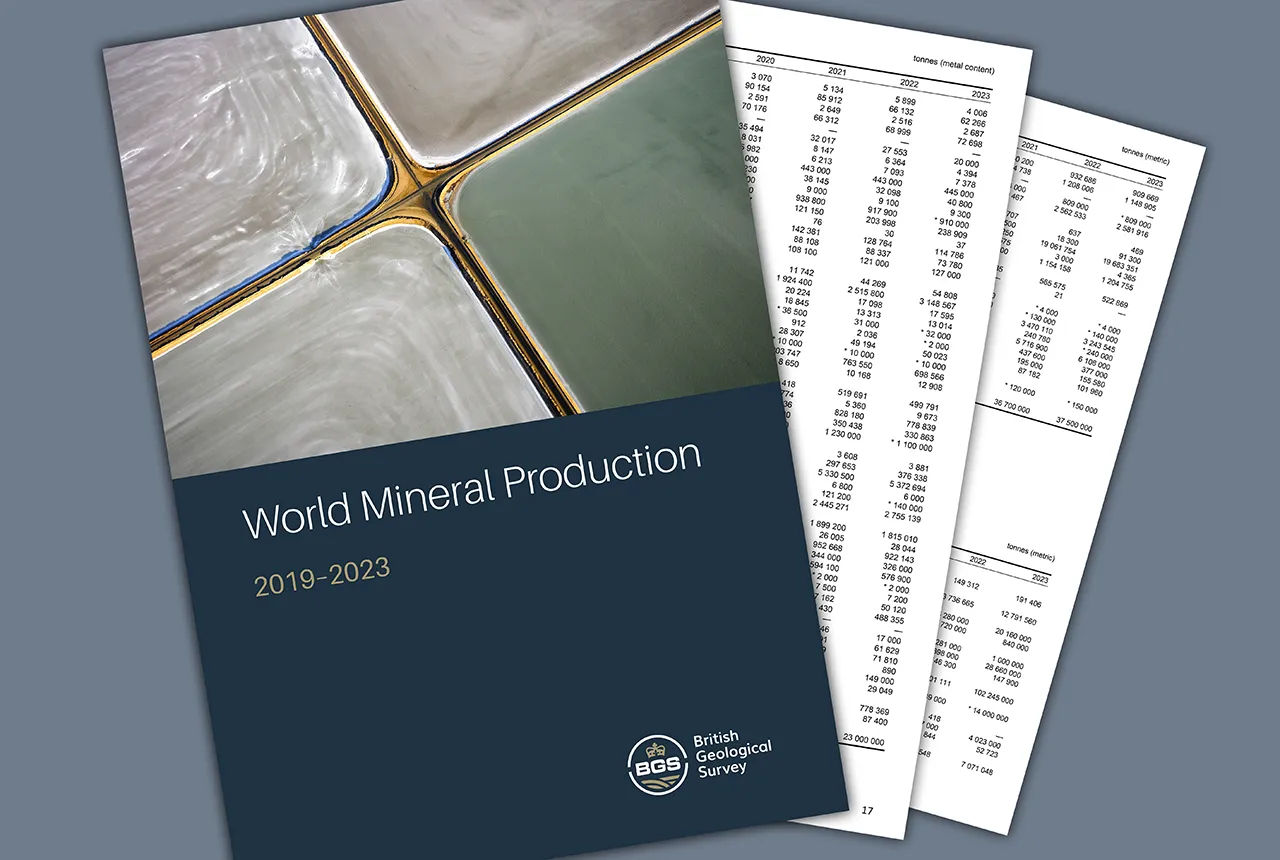
Latest mineral production statistics for 2019 to 2023 released
28/04/2025
More than 70 mineral commodities have been captured in the newly published volume of World Mineral Production.



